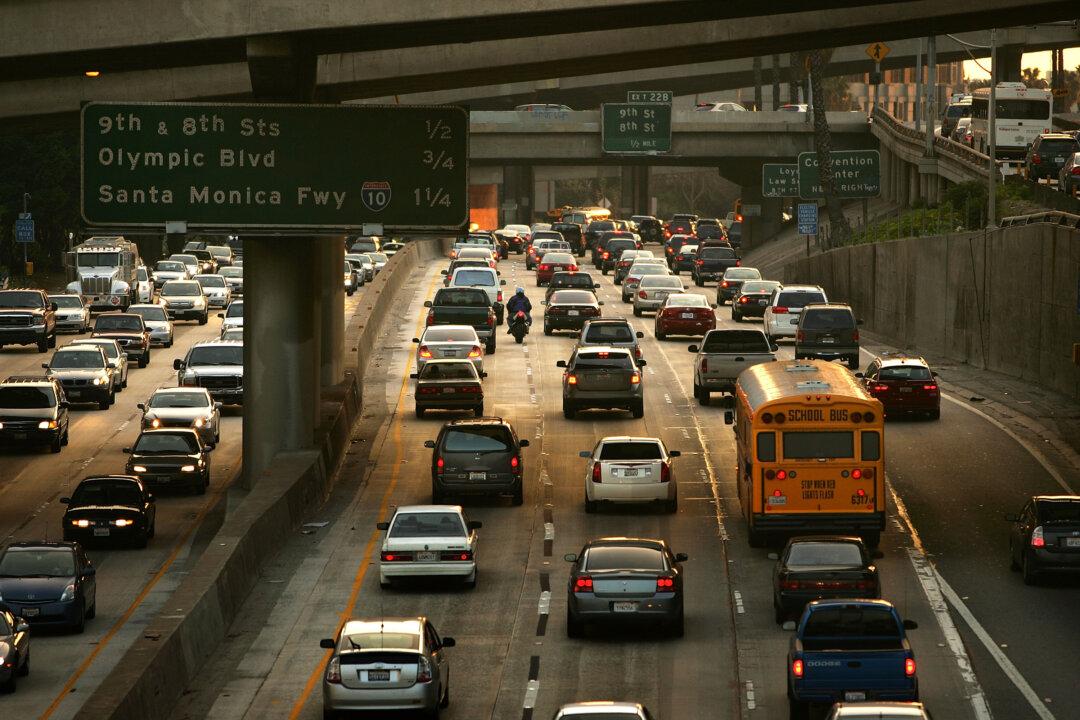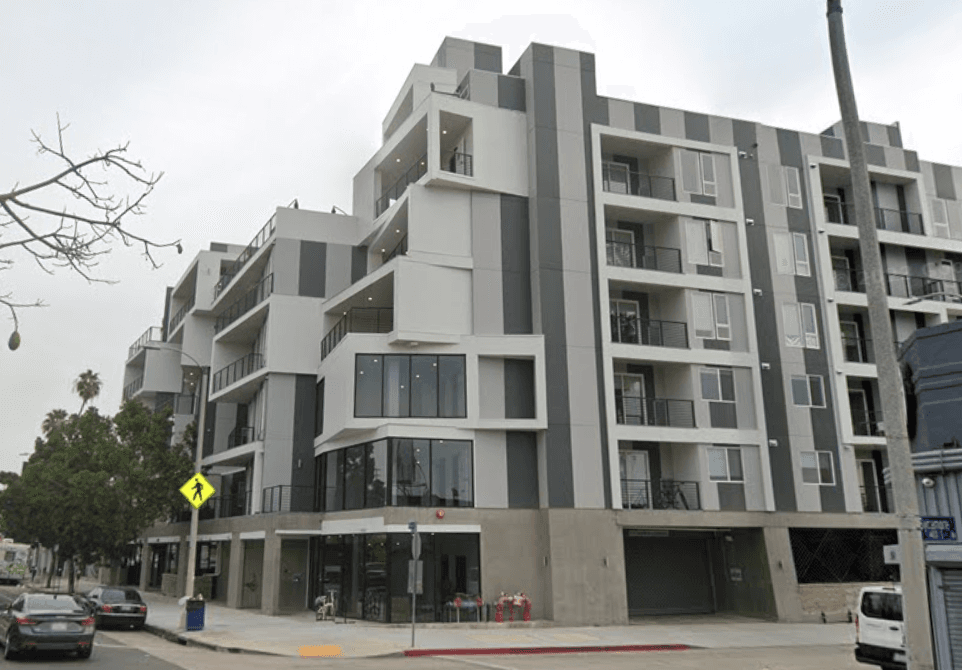Commentary
The Los Angeles homeless problem is getting worse, up double digits again this year to about 41,000 people. Rather than implementing common sense solutions to address the problem, L.A.’s politicians have chosen instead to use it as a pretext for implementing their progressive agenda, such as providing free, permanent government housing.





